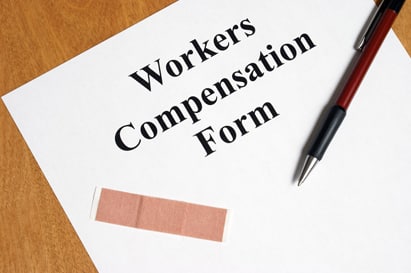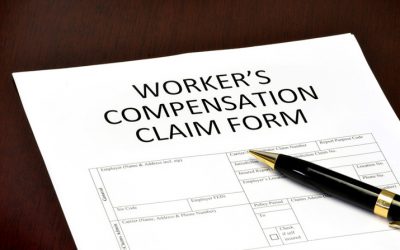 Workers’ compensation procedures vary among states, but the general concepts and procedures involved are similar. Law firms handling a large volume of claims rely on workers’ compensation transcription services to document reports of injury, findings of medical examinations, pleadings, hearings, and much more.
Workers’ compensation procedures vary among states, but the general concepts and procedures involved are similar. Law firms handling a large volume of claims rely on workers’ compensation transcription services to document reports of injury, findings of medical examinations, pleadings, hearings, and much more.
Workers compensation is in the news with the Florida Supreme Court set to hear a legal challenge that could a major impact on businesses, insurers and injured workers – about 13 years after legislation was passed to reform the state’s workers-compensation insurance system.
The 2015 National Council for Compensation Insurance’s yearly market analysis report indicates that the workers compensation industry is going through many changes. With the increasing volume of claims, there is an increasing tendency for lawyers and insurance companies to depend on a professional legal transcription company to complete their documentation requirements in quick turnaround time.
Established companies are well equipped to provide efficient legal transcription for workers’ compensation cases. They use the latest technology to receive dictated reports, handle the transcription process securely, and deliver the files to their clients within the stipulated deadline. Importantly, they have expert legal transcriptionists who are knowledgeable about the legal procedures involved in workers compensation and familiar with legal terminology related to insurance policies. These strengths allow these companies to provide accurate transcripts of a variety of reports such as initial reports of injury, depositions, briefs, casualty and liability status reports, disability claims, meetings, pleadings, financial reports, and more.
States have passed workers compensation laws in order to reduce risk for both the employee and the employer. According to the CBS Miami news report, plaintiffs in Florida are arguing that legislation passed in 2003 has taken away too many rights and benefits from people who get injured on the job. In a brief filed in the case in question, the Florida Justice Association trial-lawyers group has argued that the workers-compensation system has undergone a “death of constitutionality by a thousand legislative cuts”.
On the other hand, employers say that these lawsuits will drive up insurance costs, and are therefore pushing for sticking to the legislative changes made 13 years ago. The outcome of the case will have major implications for workers and all of the industry’s stakeholders.



